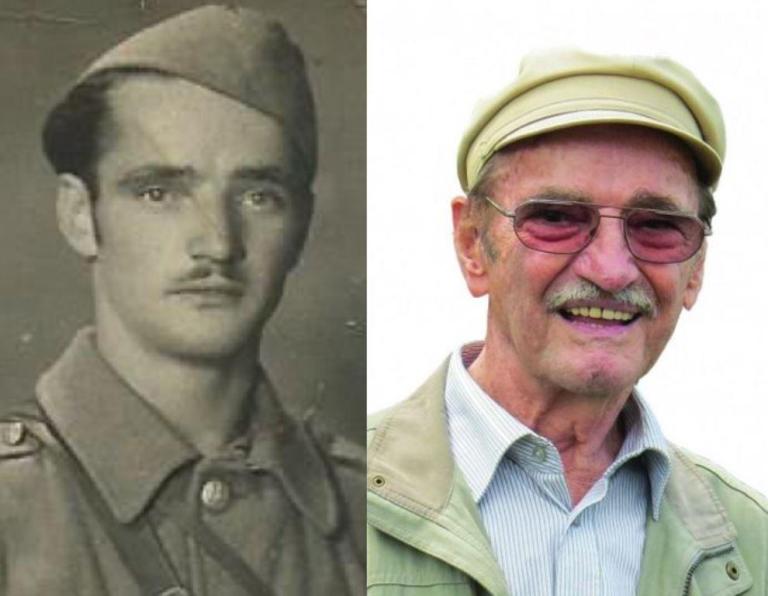“Dear Franta. You were a role model for many. Me included. Not long ago, we were drinking coffee together in Ljubljana and chatting about the challenges Slovenia is facing. I admired your wisdom and courage. You were the living witness of the legendary battle at Menina Mountain. We will miss you. My sincere condolences to the family and all those who were close to you,” Tanja Fajon wrote in memoriam of the partisan Franc Sever – Franja. Franta was accused by historians and witnesses of participating in the post-war massacres; however, the Slovenian judiciary allowed for him to die “innocent.”
Slovenian partisan Franc Sever with the partisan name Franta died at the age of 99. For the transitional left, he was a hero and also an honorary citizen of Ljubljana, whose profile was raised with the movie Preboj (Breakthrough), but the rest still know him as a criminal, as he took part in the interwar actions and post-war massacres in Teharje.
As is already known, Franta was assigned to the headquarters of the People’s Defence Corps of Yugoslavia (Korpus narodne obrambe Jugoslavije – referred to as KNOJ) at the end of 1945, where one of the regiments was stationed. Home guards from Dolenjska, who were returned to Yugoslavia by the British, were also captured there. Franta was supposed to exclude those who were innocent or forced to cooperate with the occupier, as well as minors, from their ranks.
Convicting criminals is a necessary part of reconciliation
Historian Jože Dežman found that Franta only pardoned 14 prisoners from the Stična and Grosuplje districts, which means that he had only one percent of those captured from this area released and left the rest to die. Franta is thus a man who is co-responsible for the worst war crime of all times on Slovenian soil. He was charged with causing war crimes on Slovenian soil by Franci Kindlhofer, who lost his parents in the communist post-war massacres, but the instrumentalised prosecutor’s office in Celje rejected the criminal complaint. The descendants and relatives of those killed in the post-war massacres thus did not receive a single instance of legal satisfaction for the evil and pain committed. The condemnation of crimes is also a necessary part of reconciliation and a guarantee that such crimes will never happen again.
Sara Kovač


